Probiotics are live microorganisms that provide numerous health benefits, particularly for gut health. They can be found in various foods, many of which have been consumed for centuries due to their natural fermentation processes. Including probiotic-rich foods in your diet can help maintain a healthy balance of gut bacteria, which is crucial for digestion, immunity, and overall well-being.
{this post contains Amazon affiliate links}
Here are some foods that are excellent sources of probiotics. You can also consider a probiotic supplement to help keep your gut health in top shape!
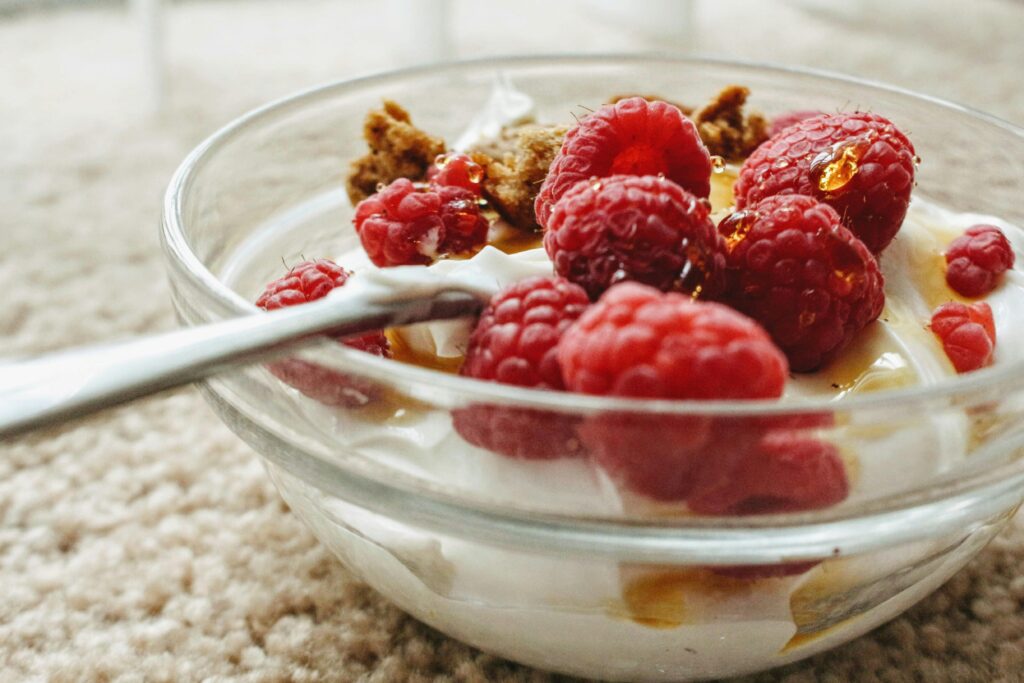
Yogurt
Yogurt is perhaps the most well-known probiotic-rich food. It is made by fermenting milk with live bacteria cultures, including strains like Lactobacillus bulgaricus and Streptococcus thermophilus. Additionally, some yogurts contain additional strains such as Lactobacillus acidophilus and Bifidobacterium lactis, which further enhance their probiotic content. When selecting yogurt, opt for varieties labeled as containing live and active cultures, and preferably without added sugars or artificial flavors. You can also make your own yogurt at home with a yogurt maker!
Kefir
Kefir is a fermented milk drink that originated in the Caucasus region. It is similar to yogurt but has a thinner consistency and a slightly tangier taste. Kefir is typically made by fermenting milk with kefir grains, which are a combination of bacteria and yeast. This results in a diverse array of probiotic strains, including Lactobacillus kefiri, Lactobacillus acidophilus, and Bifidobacterium species. Kefir is not only rich in probiotics but also a good source of protein, calcium, and other nutrients.
Kimchi
Kimchi is a traditional Korean dish made from fermented vegetables, usually cabbage and radishes, seasoned with spices like garlic, ginger, and chili peppers. The fermentation process not only enhances the flavor but also increases the probiotic content. Lactic acid bacteria, such as Lactobacillus kimchii and Lactobacillus plantarum, are the primary probiotics found in kimchi. Besides being a potent source of probiotics, kimchi is also rich in vitamins, minerals, and antioxidants.
Sauerkraut
Sauerkraut is another fermented cabbage dish that originated in Germany. It is made by fermenting finely shredded cabbage with salt, which encourages the growth of beneficial bacteria. Lactic acid bacteria, particularly Lactobacillus species, dominate the probiotic profile of sauerkraut. Consuming sauerkraut can help improve digestion and boost immunity due to its probiotic content. Additionally, it is low in calories and rich in fiber and vitamins C and K.
Miso
Miso is a traditional Japanese seasoning made by fermenting soybeans with salt and koji, a type of fungus. The fermentation process can vary, resulting in different types of miso with varying flavors and colors. Miso is rich in probiotics, primarily belonging to the genus Lactobacillus. It also contains beneficial enzymes and antioxidants. Miso is commonly used to flavor soups, sauces, and marinades, adding depth and umami to dishes while providing probiotic benefits.
Tempeh
Tempeh is a fermented soybean product originating from Indonesia. Whole soybeans are fermented with a specific mold called Rhizopus oligosporus, which binds them together into a dense, cake-like form. Tempeh is not only a good source of probiotics but also a complete protein, containing all essential amino acids. Additionally, it provides various nutrients such as fiber, vitamins, and minerals. Tempeh has a nutty flavor and a firm texture, making it a versatile ingredient in vegetarian and vegan dishes.
Kombucha
Kombucha is a fermented tea beverage that has gained popularity in recent years for its probiotic properties. It is made by fermenting sweetened tea with a symbiotic culture of bacteria and yeast (SCOBY). The fermentation process produces probiotics, organic acids, and enzymes, giving kombucha its characteristic tangy flavor. Common probiotic strains found in kombucha include Acetobacter, Lactobacillus, and Gluconacetobacter. Kombucha is often consumed as a refreshing beverage and is available in various flavors. You can even make your own kombucha right at home.
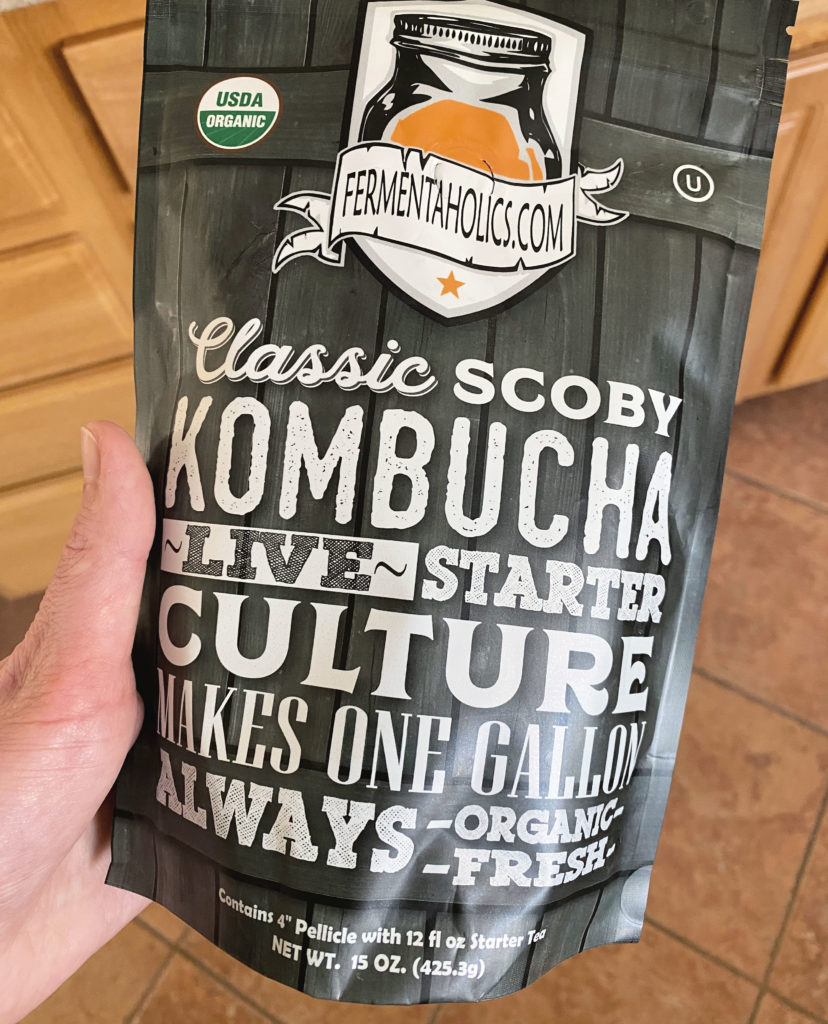
Incorporating these probiotic-rich foods into your diet can contribute to a healthy gut microbiome and support overall well-being. However, it’s essential to consume them regularly as part of a balanced diet to reap their full benefits. Additionally, if you have any specific health concerns or medical conditions, consult with a healthcare professional before making significant changes to your diet.
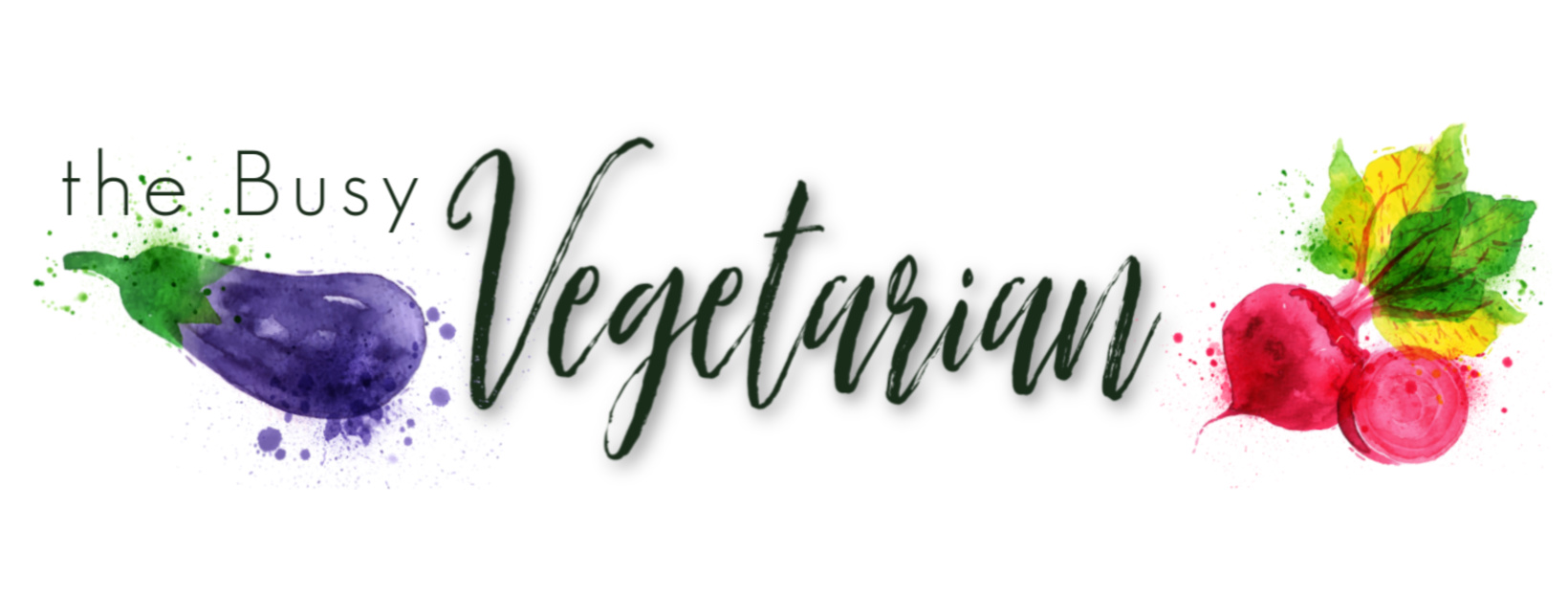

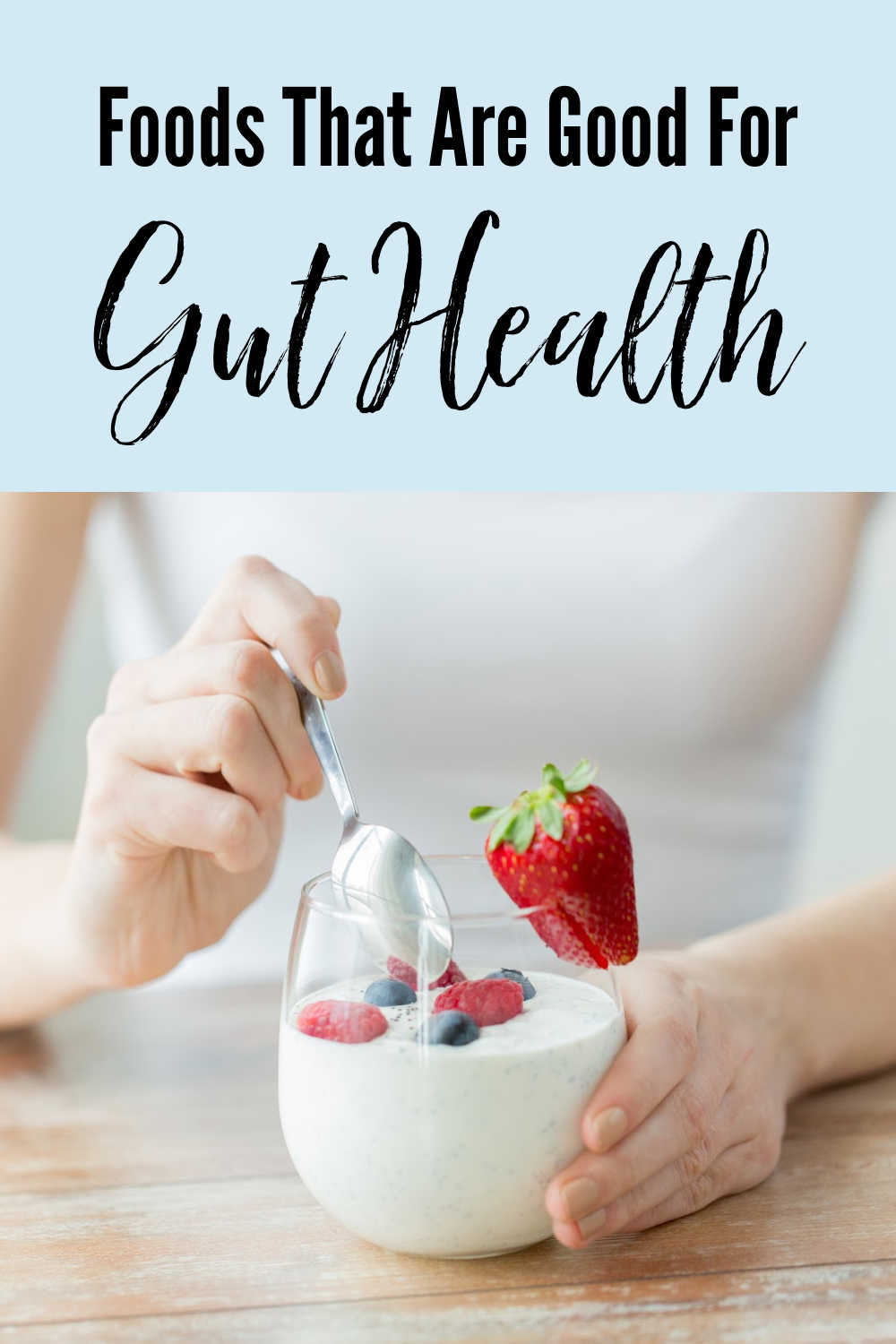


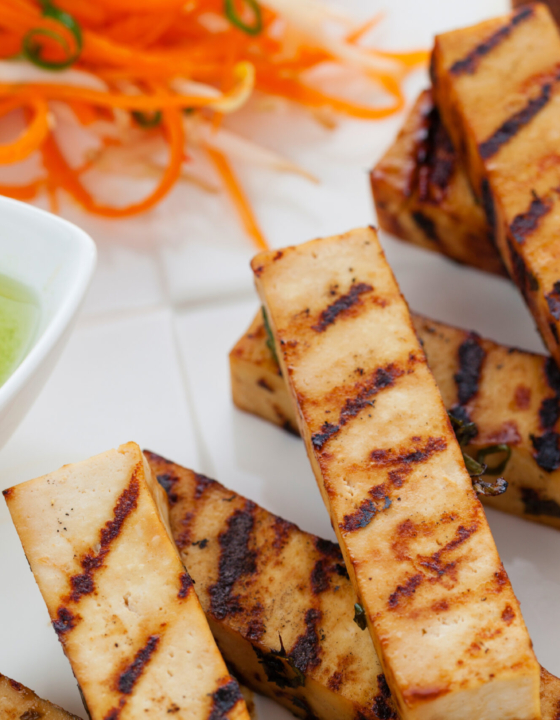

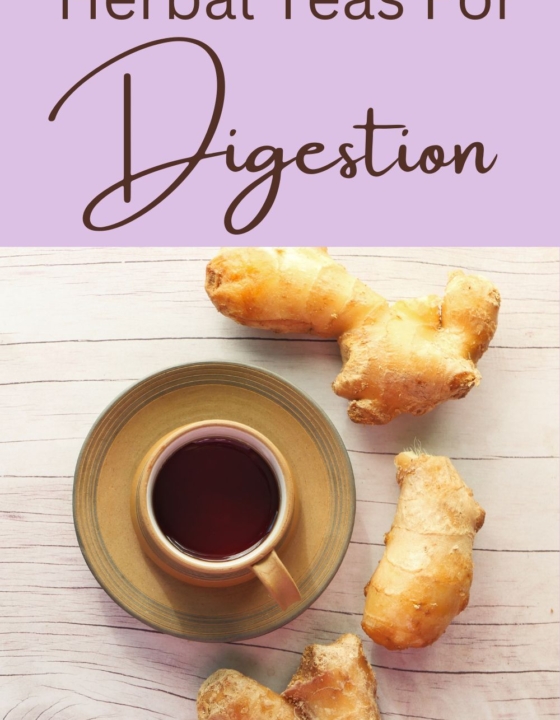

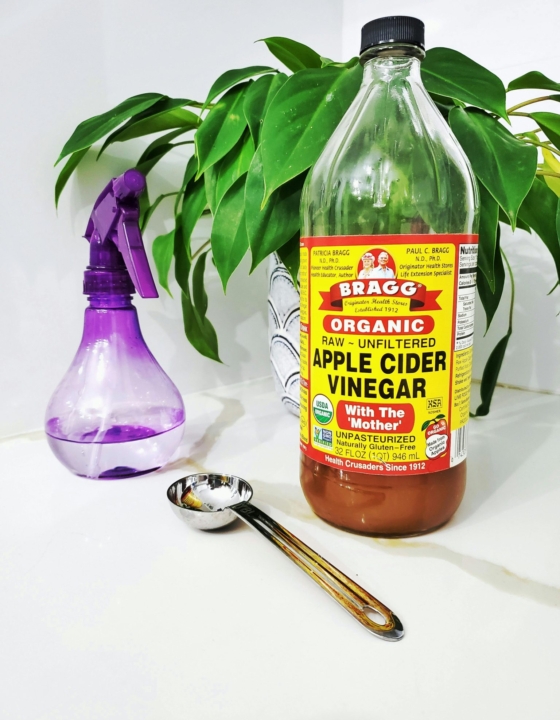
Nisha
February 1, 2025So good to know that these wonderful food probiotic-rich foods are good for gut health, help have a healthy gut microbiome, and support overall well-being. I have only been familiar with yogurt and great to know about the other options.